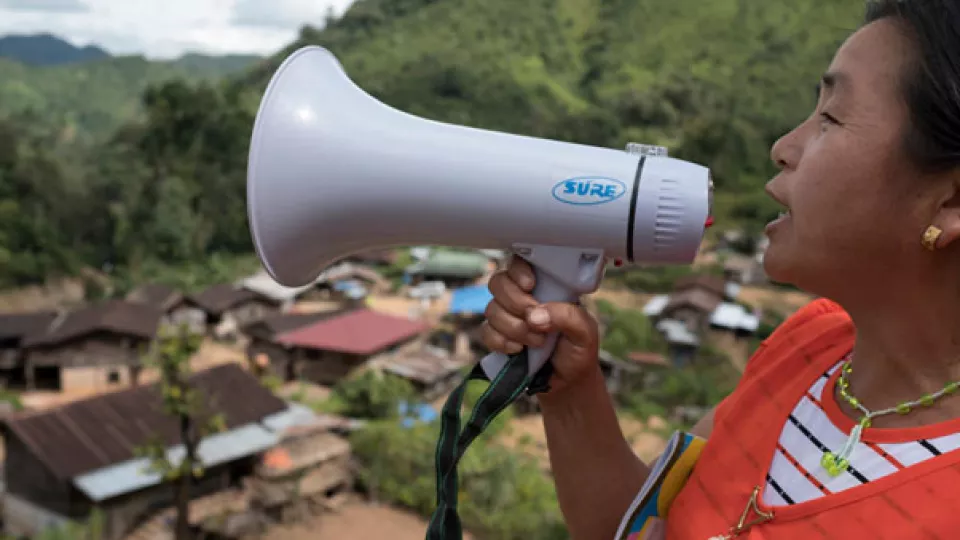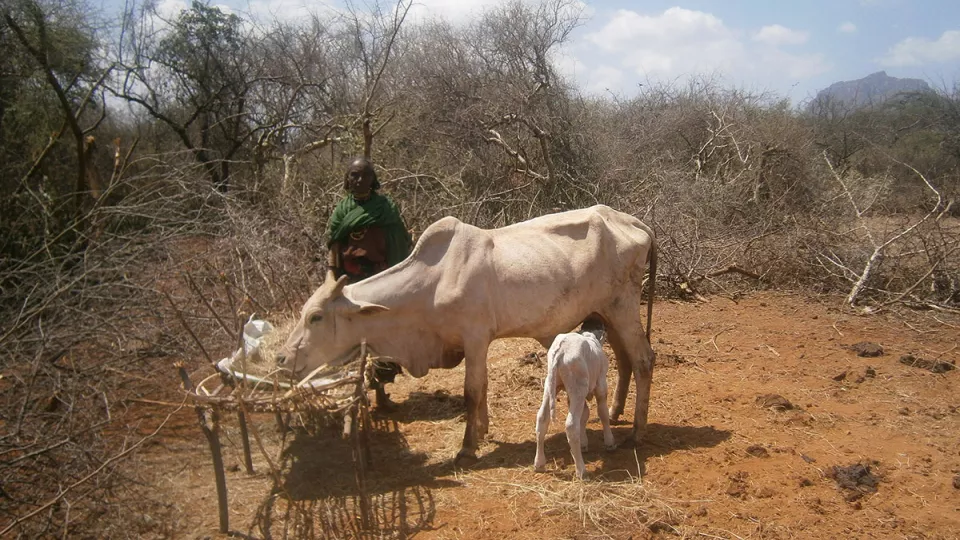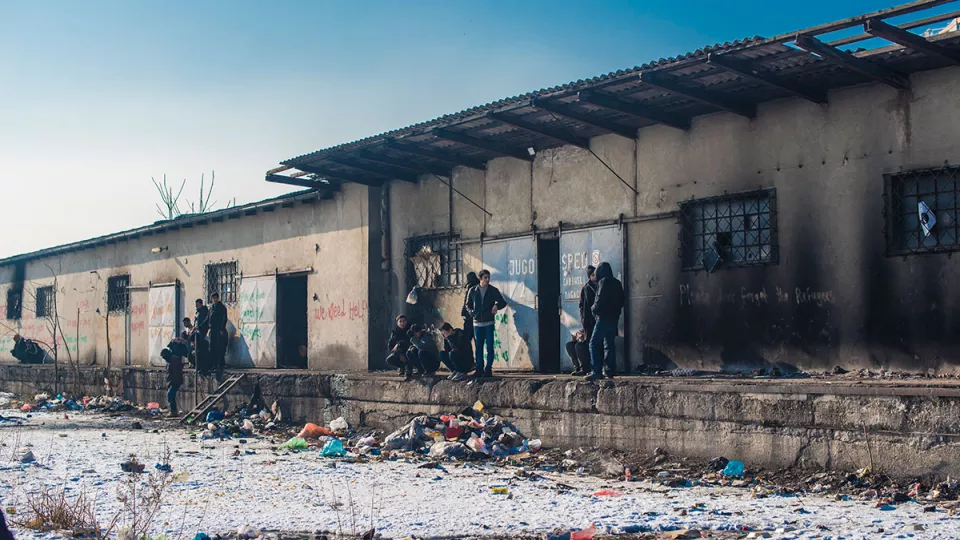The Start Fund is a multi-donor pooled funding mechanism that consists of a network of international non-governmental organisations (NGOs) and provides small-scale funding (up to £300k per organisation over a 45 day window) to frontline NGOs. It seeks to complement the existing humanitarian financing system by focusing on initial rapid response to low-profile, underfunded emergencies. The first phase of the Start Fund, April to December 2014, represents a design and build period where the Fund is open for allocations to crisis alerts, whilst simultaneously the infrastructure and Fund management processes are being tested and refined.





